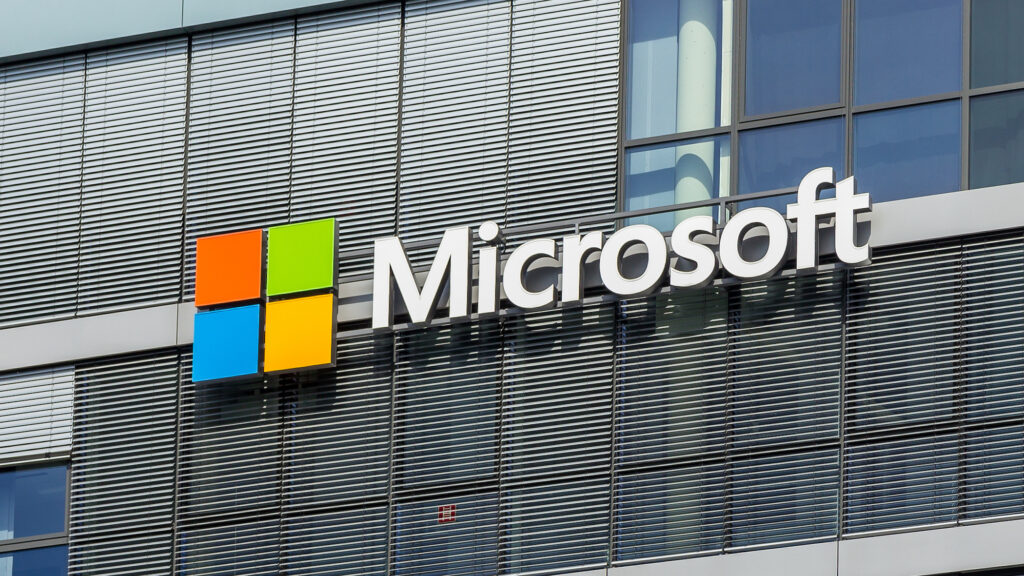
Google, a name synonymous with search engines and technological innovation, has transformed the way people access and interact with information. Founded in 1998 by Larry Page and Sergey Brin while they were Ph.D. students at Stanford University, Google started as a simple search engine with the mission to “organize the world’s information and make it universally accessible and useful.” Over the years, it has grown into one of the most influential and dominant companies in the world, reshaping industries and introducing technologies that have become integral to daily life.
The Birth of Google Search
Google’s foundation lies in its search engine, which revolutionized how users navigate the internet. The search engine’s innovative PageRank algorithm, which ranks websites based on their relevance and authority, gave users more accurate and reliable search results compared to other engines of the time. This feature quickly propelled Google to the top, making it the most popular search engine globally.
Today, Google processes over 3.5 billion searches per day, constantly improving its algorithms to better understand user intent and provide more relevant results. With features like predictive search, knowledge panels, and personalized search suggestions, Google has made finding information faster, easier, and more intuitive.
The Expansion of Google Products and Services
What started as a search engine has grown into a vast ecosystem of products and services that impact almost every aspect of the digital experience. Some of Google’s most well-known services include:
Gmail: Launched in 2004, Gmail became a leading email service thanks to its vast storage, user-friendly interface, and effective spam filtering. It now boasts over 1.8 billion users worldwide.
Google Maps: Introduced in 2005, Google Maps revolutionized navigation, offering detailed maps, driving directions, traffic information, and even real-time updates. Street View, launched in 2007, allows users to explore cities and landmarks virtually.
Google Chrome: Released in 2008, Google Chrome quickly became the dominant web browser due to its speed, simplicity, and integration with Google services. It holds a majority market share and has become a key platform for accessing the internet.
Google Drive and Google Workspace: Google Drive provides cloud storage and file sharing, while Google Workspace (formerly G Suite) includes productivity tools like Google Docs, Sheets, and Slides. These tools enable collaboration in real time and have become essential for businesses, educators, and individuals.
YouTube: Acquired by Google in 2006, YouTube is the world’s largest video-sharing platform, with over 2 billion monthly active users. It has become a vital hub for content creation, entertainment, education, and news.
Android: Google acquired Android Inc. in 2005 and launched the Android operating system for smartphones in 2008. Today, Android is the most widely used mobile operating system, powering billions of devices around the world.
Innovation and Research
Google is not just a leader in search and internet services; it is also at the forefront of cutting-edge research and innovation. Through its parent company, Alphabet Inc., Google invests in a wide range of technological fields, including artificial intelligence, machine learning, cloud computing, quantum computing, and self-driving cars.
Artificial Intelligence (AI): Google’s AI research has produced groundbreaking technologies like Google Assistant, which powers voice search and smart devices, and Google Translate, which offers instant language translations. The company’s DeepMind division, known for developing AlphaGo, continues to push the boundaries of AI capabilities.
Google Cloud: Competing with Amazon Web Services and Microsoft Azure, Google Cloud provides cloud computing services to businesses, governments, and institutions, offering solutions in storage, data analytics, and machine learning.
Waymo: Google’s self-driving car project, Waymo, is at the forefront of autonomous vehicle technology, aiming to revolutionize transportation with safer, more efficient cars.
Impact on Society and Culture
Google’s influence extends beyond technology; it has shaped the way society functions in the digital age. Its search engine and services have democratized access to information, allowing people worldwide to learn, share, and connect in ways previously unimaginable. Google has also transformed how businesses operate, from digital marketing through Google Ads and AdSense to optimizing website visibility via Google Search Console and SEO strategies.
Moreover, Google’s role in shaping modern culture is evident through platforms like YouTube, where creators and influencers thrive, and educational tools like Google Classroom, which have become essential in classrooms, particularly during the COVID-19 pandemic.
Challenges and Criticisms
Despite its immense success, Google faces significant challenges and criticisms. The company has been scrutinized for its data privacy practices, with concerns over how it collects, stores, and uses user information. Governments and regulators in various countries have accused Google of monopolistic behavior, often citing its dominance in search, advertising, and mobile operating systems as evidence of anti-competitive practices.
Google has also faced criticism regarding content moderation on platforms like YouTube, where balancing free speech and preventing harmful content remains an ongoing challenge. Additionally, Google’s foray into artificial intelligence and automation raises ethical questions about the impact of these technologies on jobs, security, and society at large.
Google’s Future
As technology continues to evolve, Google remains committed to innovation and growth. The company’s investments in AI, quantum computing, and health technologies signal its desire to stay at the forefront of technological development. Google’s role in shaping the future of work, communication, and everyday life will likely continue, as it strives to make information and technology accessible to all.
From its humble beginnings as a search engine to becoming a global technology leader, Google’s impact on the world is undeniable. With its continued focus on innovation and user-centric solutions, Google is poised to remain a dominant force in shaping the future of the digital world.









